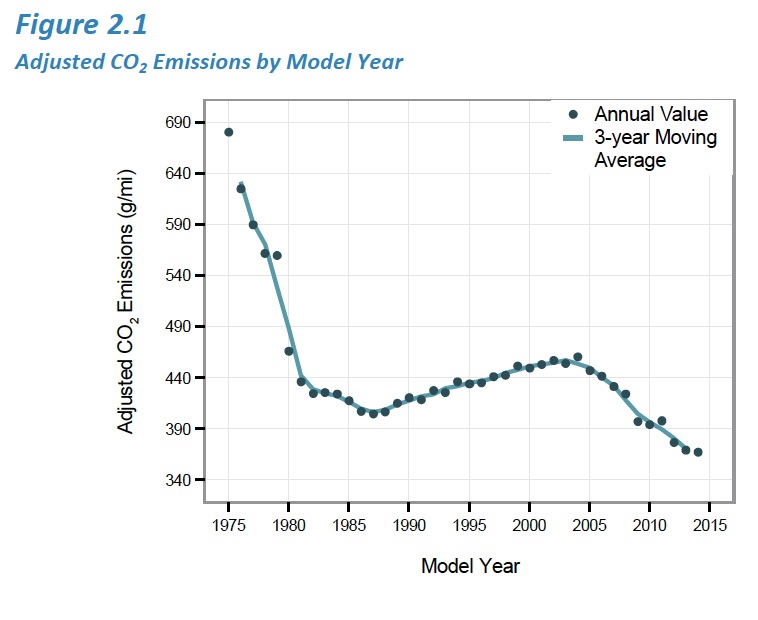
ENVIRONMENTAL PROTECTION AGENCY Overview of Long-Term Trends While the most recent annual changes often receive the most public attention, the greatest value of the Trends database is to document long-term trends. This is because: 1) year-to-year variability can reflect short-term trends (two examples are the Cash for Clunkers rebates in 2009 and the impact of […]
View this complete post...











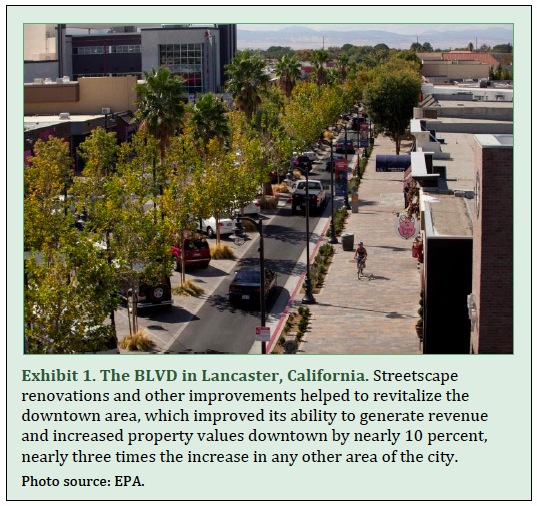
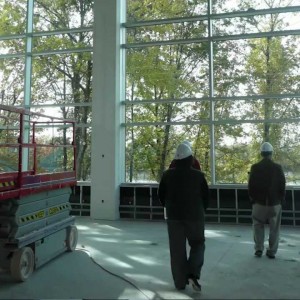
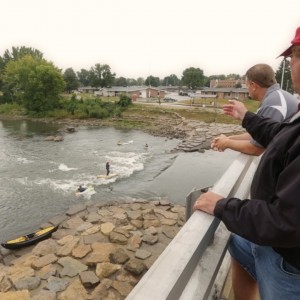
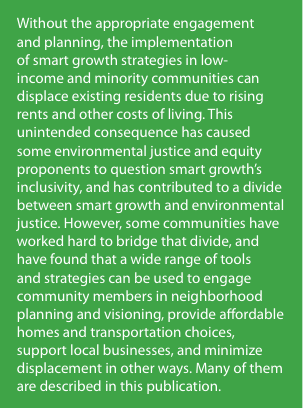
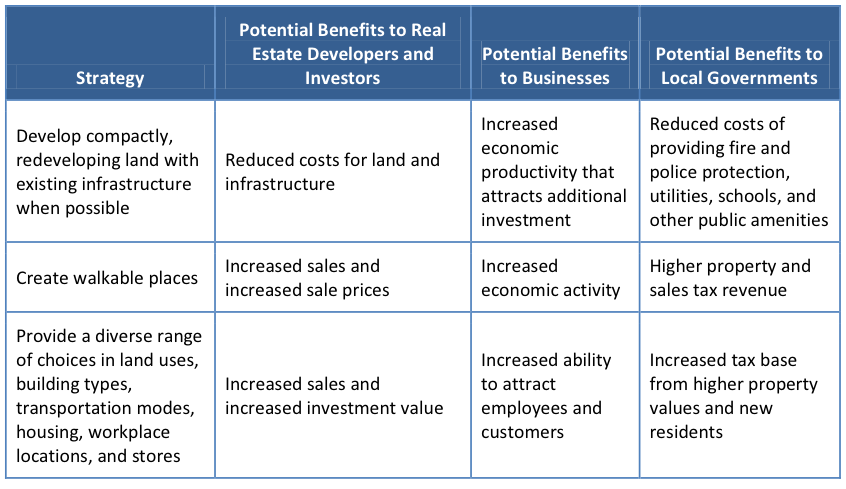
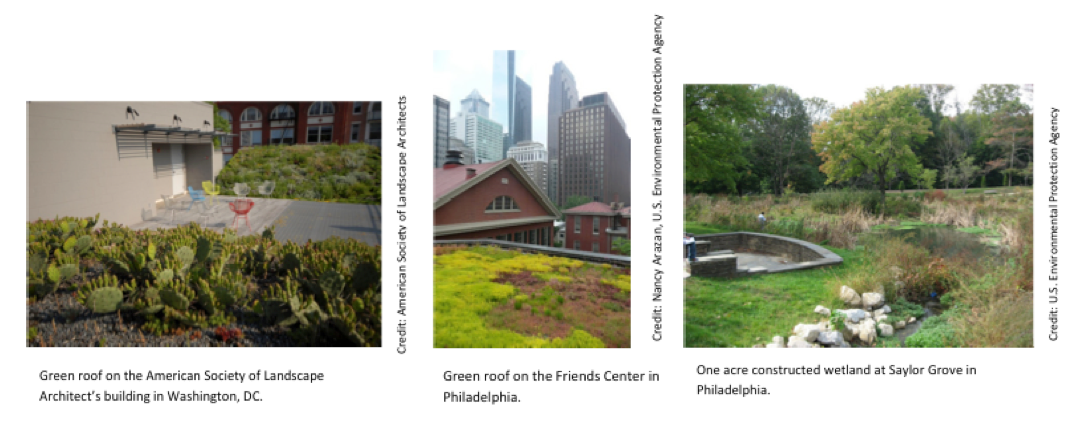
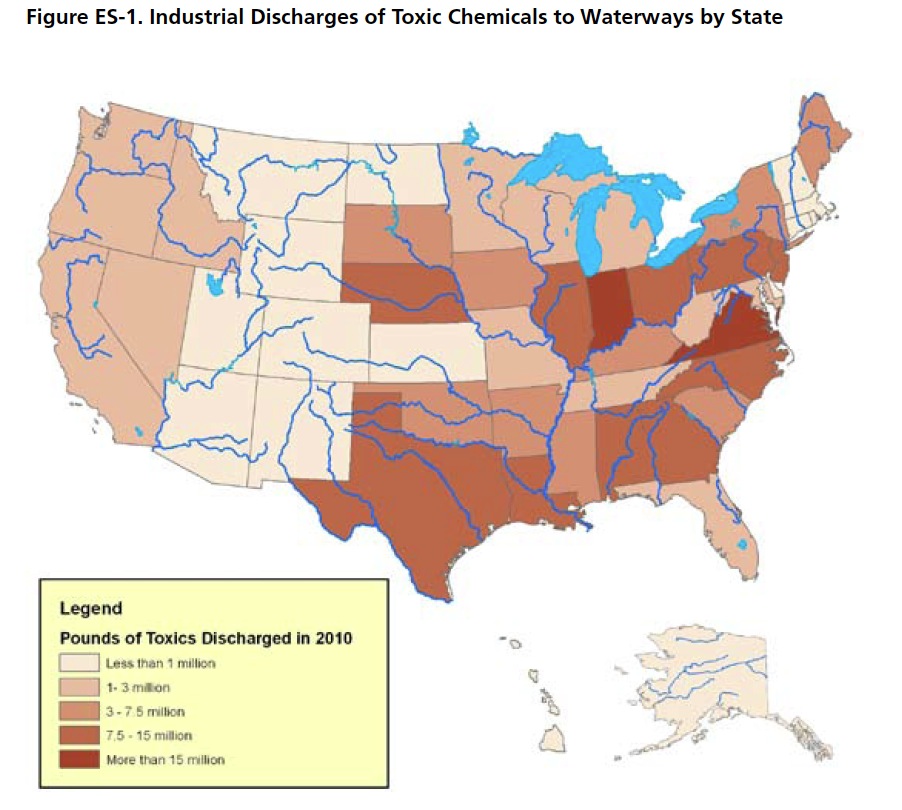
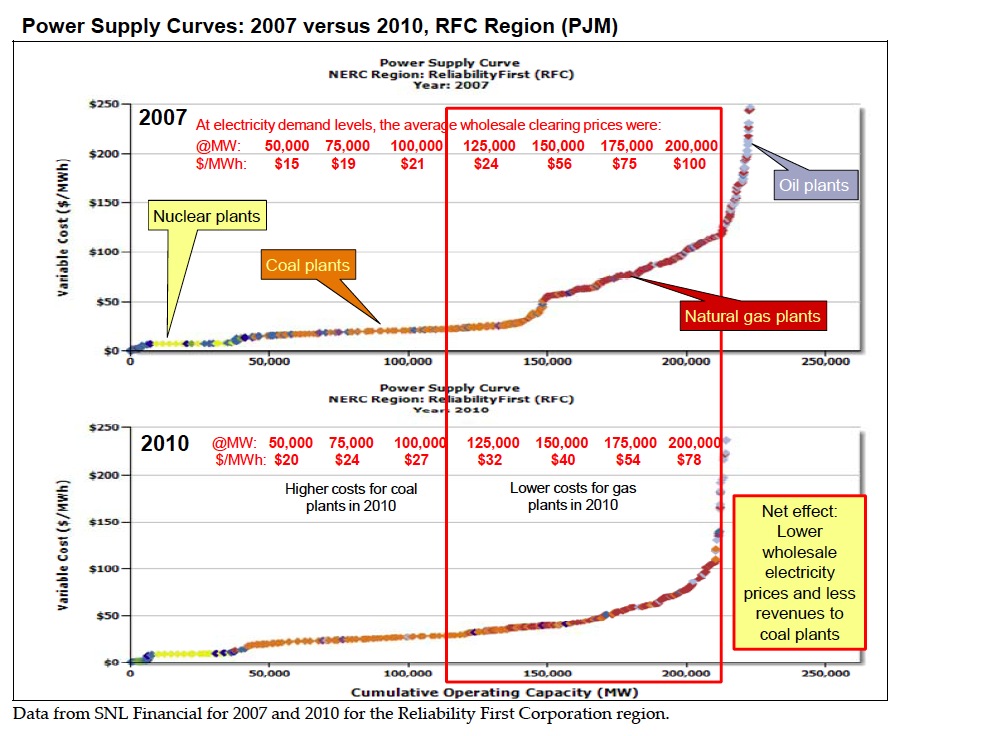


 RSS Feed
RSS Feed